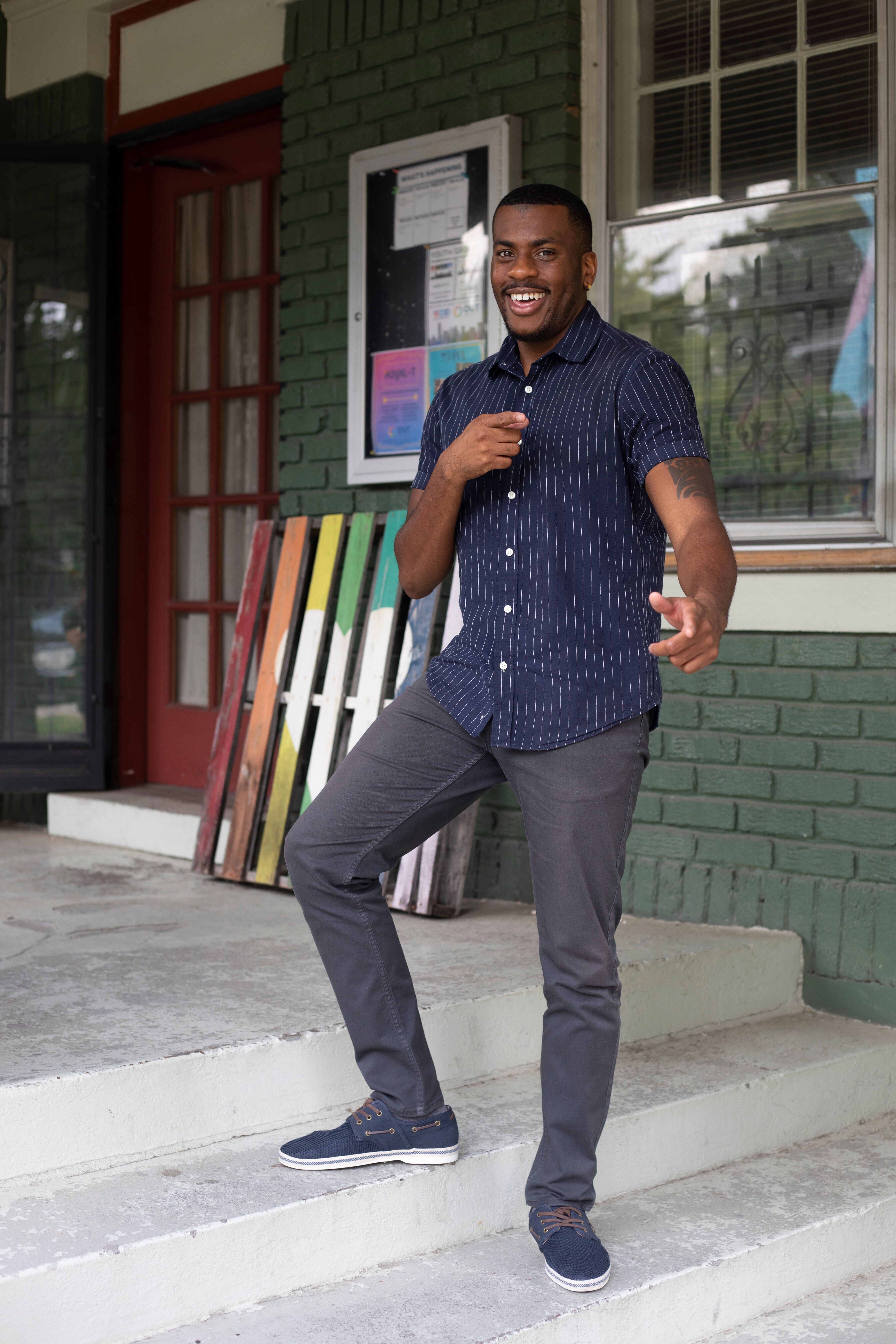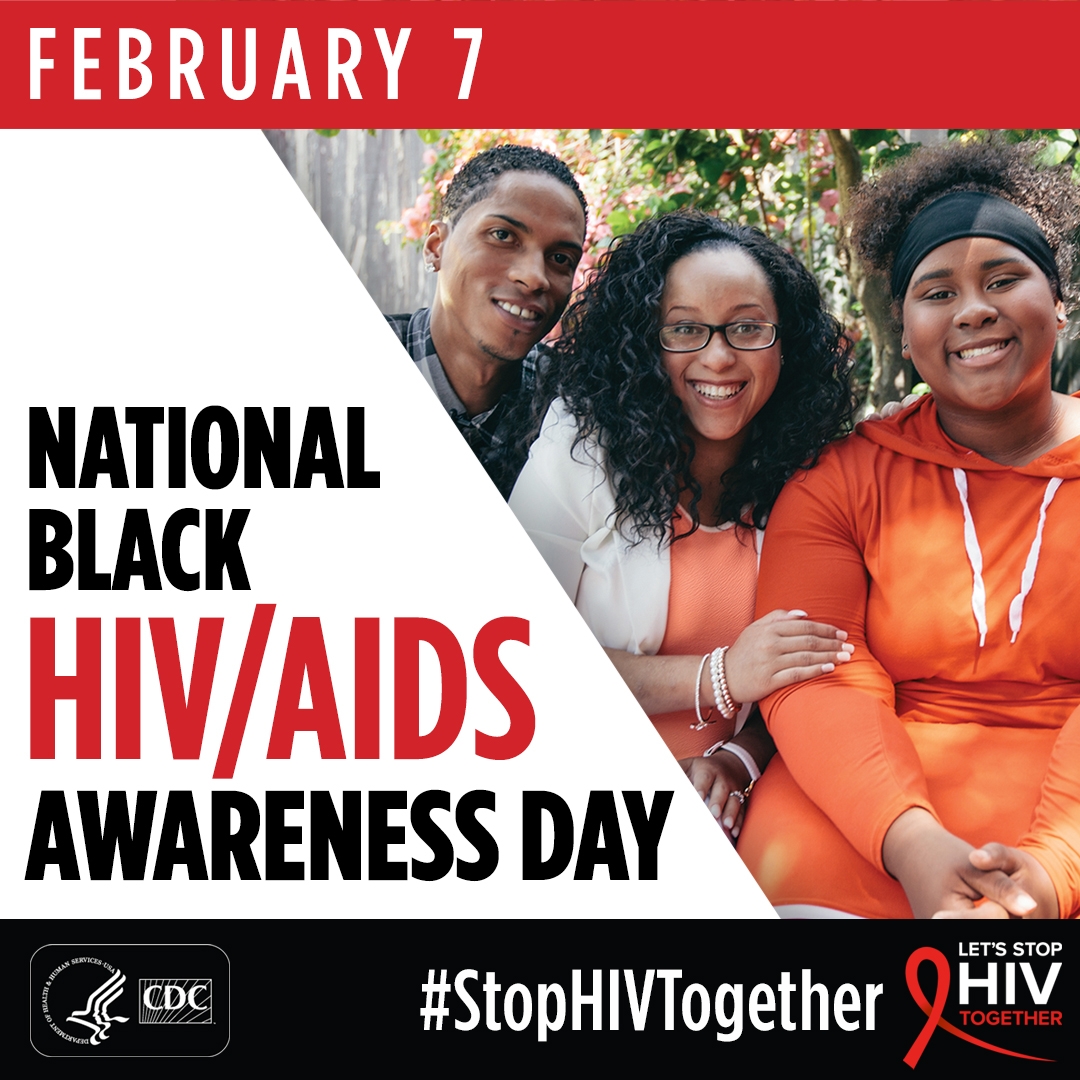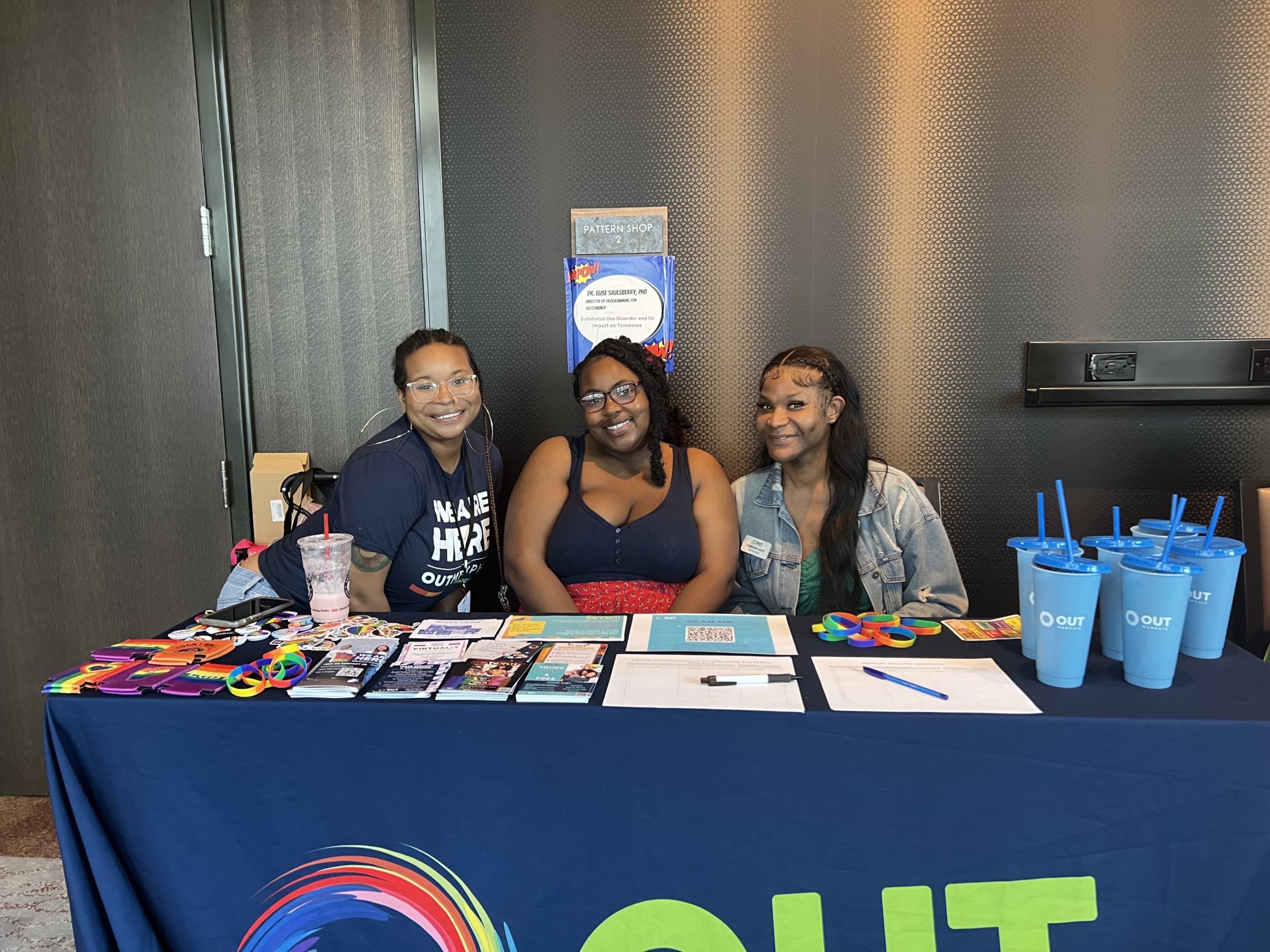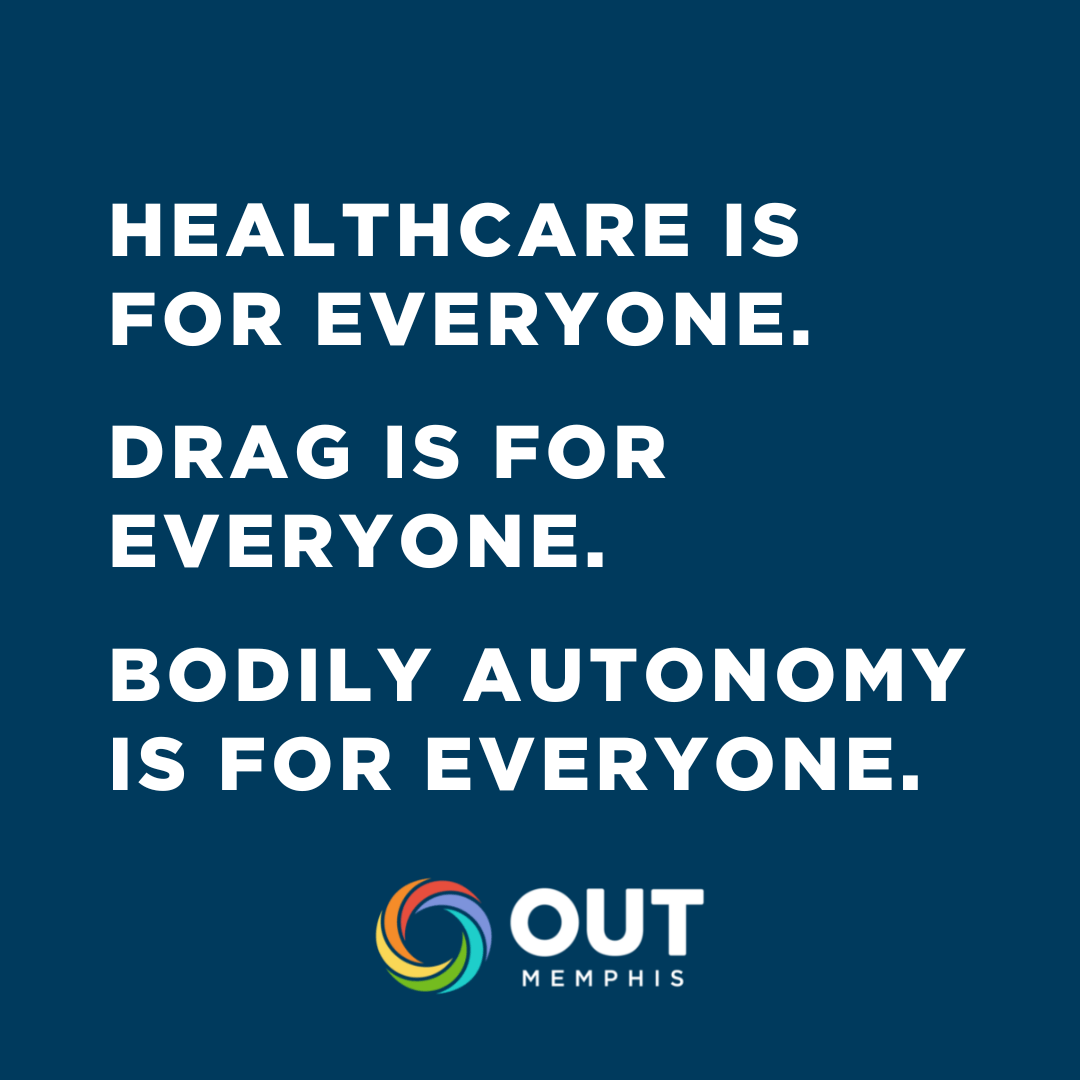Today, February 7, 2020 is National Black HIV/AIDS Awareness Day (NBHAAD) and this year’s theme is “We’re in This Together”. This theme calls for us to bring attention back to the importance of community support and working collectively to end the stigma around HIV by encouraging HIV prevention, testing, and treatment in the Black Community.

To honor this years theme, OUTMemphis wants to bring the attention back to our community by highlighting Martavius Hampton, our Senior Director of Health and Evaluation, as he provides his perspectives on the current landscape of HIV prevention and care. Martavius has been leading the HIV prevention and other health initiatives at OUTMemphis for the last decade.
In this interview conducted by Jamal Jones, Sexual Health Intern at OUTMemphis, Martavius provides insight into identifying risk factors, knowing your status, and combating fear and stigma around HIV testing and treatment in the Black Community. National Black HIV/AIDS Awareness Day is a very important day for unity and understanding. We hope that this interview helps to deepen our collective understanding of how we can stop HIV and end the stigma together.
Martavius Hampton: Perspectives on NBHAAD
Q: What is most difficult about identifying risk factors with high-risk populations regarding HIV?
A: “I think one of the most difficult parts for identifying those risk factors is our placement in the ‘Bible Belt’… I think one risk factor that we still have issues serving communities of color that are affected by HIV is stigma, in addition to a buffet of other factors. Being in the buckle of the bible belt, stigma prevents some people from being comfortable with their sexuality and behaviors, which may increase the likelihood of HIV testing avoidance.”
Q: Why do you believe that it is important to know your HIV status in the black community?
A: I think it’s important to know your status because the sooner you know the sooner you can get life-saving treatment to prevent the spread of HIV. It is important for people to know that you can live a long and healthy life living with HIV, but the sooner you get into care, the better your health can be.
Q: If there was one thing you could say to those in the Black Community who are afraid or had questions about getting testing for HIV, what would you say?
A: I would say just call or come to OUTMemphis for HIV testing, but then I think it’s also important to ask friends and family around you to see if they get tested too… Normalizing the idea of getting tested for HIV is critical to ensuring that HIV testing is not viewed as a shameful act. If we are in this together, then we should be able to get tested together.”
Statistics from the Center for Disease Control and Prevention (CDC)
In 2018, Blacks/African Americans accounted for 13% of the US population, but 42% of new HIV diagnoses in the United States.
“Black MSM (Men who have sex with men) were the most-affected subpopulation for new HIV diagnoses in the U.S.”
Together, we can end the stigma, encourage HIV prevention and treatment, and minimize the risk of HIV/AIDS for the Black Community.



